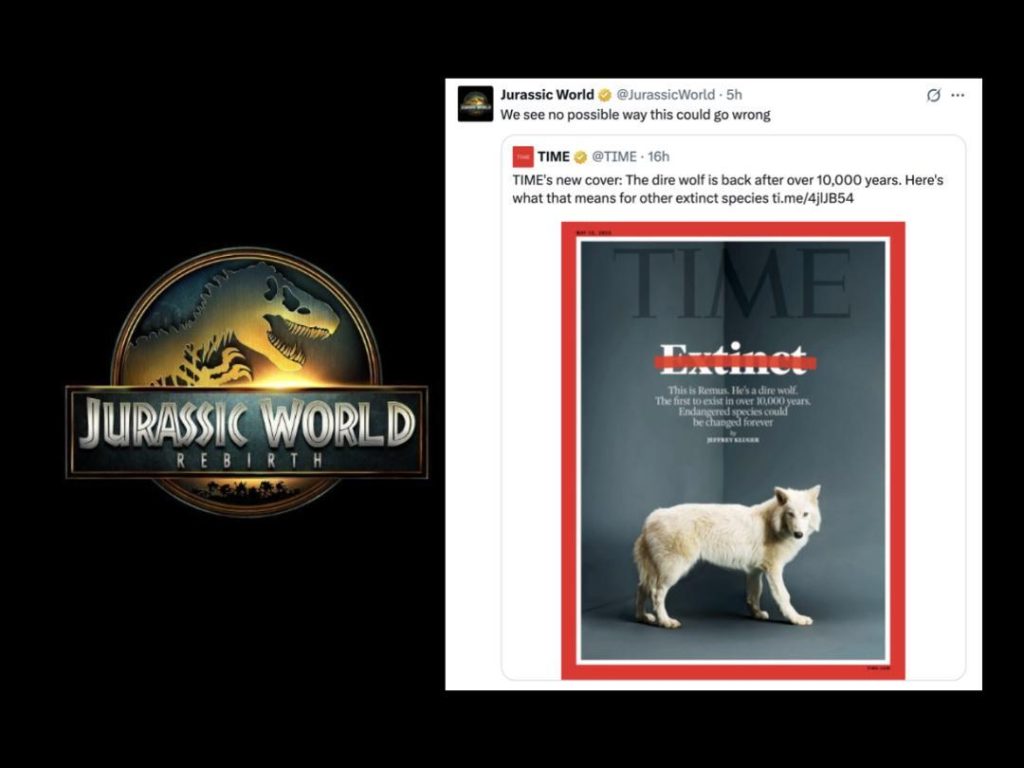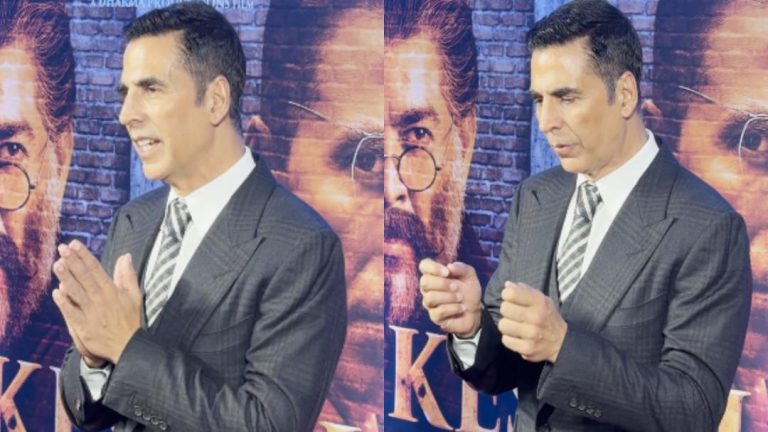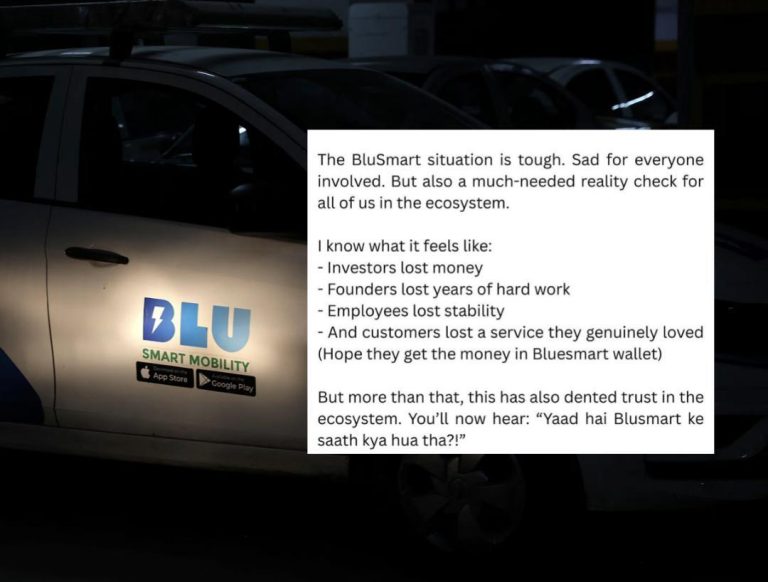
“No Way This Could Go Wrong”: Jurassic World’s Ironic Warning on Dire Wolf De-Extinction
In a move that has left many wondering if they’ve seen this movie before, scientists have successfully resurrected a species of dire wolf that went extinct over 10,000 years ago. The dire wolf, a massive and powerful predator, once roamed the Americas during the Late Pleistocene era. Its reintroduction has sparked a mix of excitement and concern, with some experts warning about the potential consequences of bringing back an apex predator.
Jurassic World, a reboot of the iconic Jurassic Park franchise, chose to respond to this development with a healthy dose of sarcasm. The official Jurassic World account took to social media platform X, posting a tongue-in-cheek warning: “We see no possible way this could go wrong.”
The response was met with a mix of amusement and concern from users. One X user replied, “Think I’ve seen a movie where it does,” referencing the numerous films that have explored the dangers of playing with nature and the consequences of unchecked scientific progress.
The dire wolf’s resurrection is a significant achievement in the field of de-extinction, a process that involves using genetic technology to bring back extinct species. The process is still in its infancy, and many experts are calling for caution and careful consideration before introducing a predator like the dire wolf back into the ecosystem.
So, what could go wrong? For starters, the reintroduction of a top predator like the dire wolf could have a significant impact on the ecosystem. The wolf was a key player in shaping the American landscape, and its reintroduction could have far-reaching consequences for the many species that have evolved in its absence.
Moreover, there are concerns about the potential for the dire wolf to adapt to modern environments and prey on domestic livestock or even humans. The wolf’s massive size and powerful jaws make it a formidable predator, and its reintroduction would require careful management to ensure that it does not pose a threat to human safety.
The Jurassic World franchise, which has thrived on the premise of playing with nature and the consequences that follow, is perhaps uniquely positioned to comment on this issue. The films have explored the dangers of genetic engineering and the importance of respecting the natural world.
In the 1993 original Jurassic Park, scientists’ attempts to clone dinosaurs ended in disaster, with the creatures escaping and wreaking havoc on the island. The franchise has since continued to explore the consequences of scientific hubris and the importance of responsible innovation.
Jurassic World’s ironic warning is a nod to the franchise’s long history of cautionary tales about the dangers of unchecked scientific progress. The dire wolf’s resurrection is a significant step forward in the field of de-extinction, and it is crucial that we approach this technology with caution and careful consideration.
As the debate surrounding the dire wolf’s reintroduction continues to unfold, one thing is clear: the consequences of playing with nature are far from trivial. Jurassic World’s warning may have been tongue-in-cheek, but it serves as a reminder of the importance of responsible innovation and the need to consider the potential consequences of our actions.






